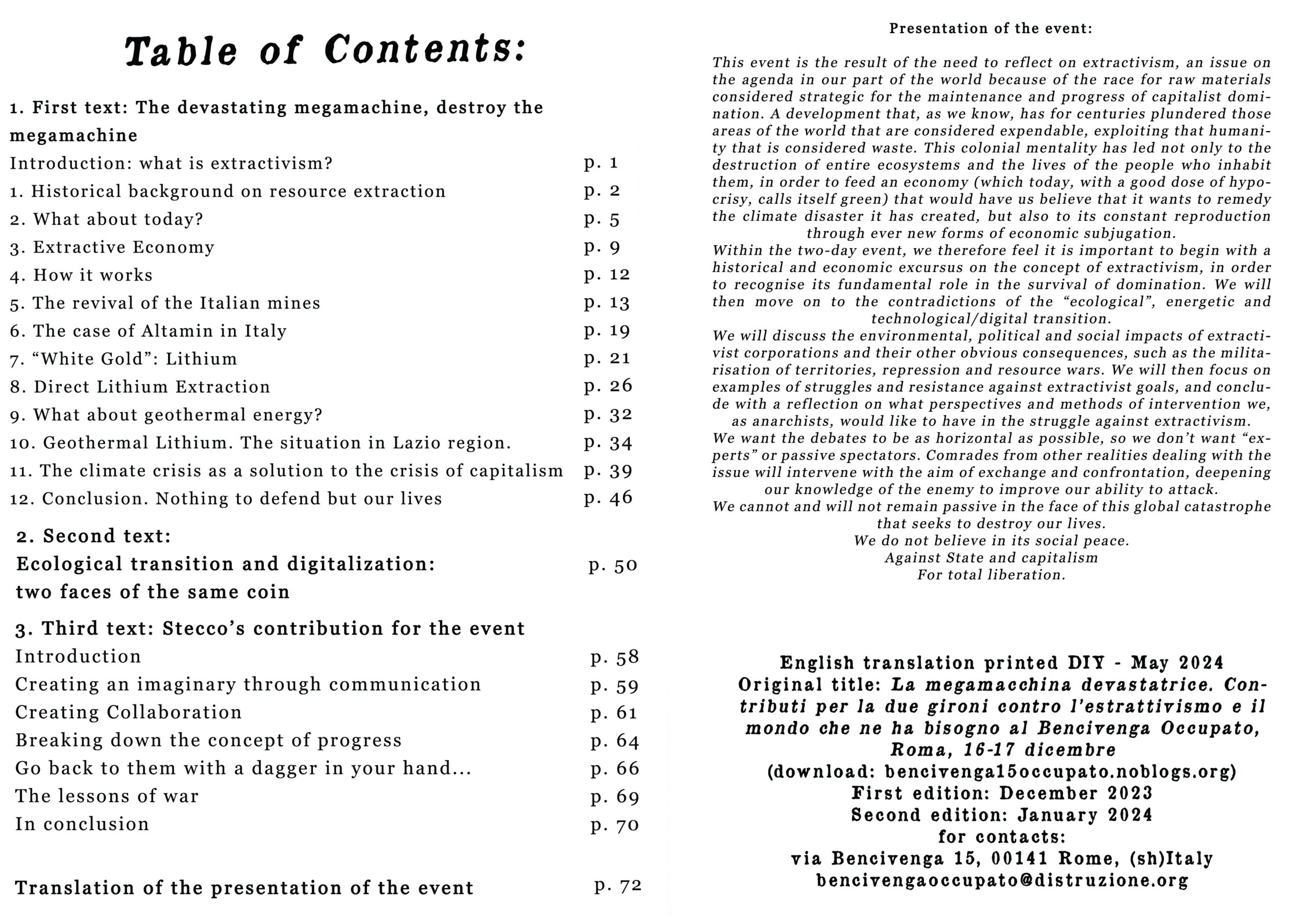Something’s Missing?
Portland in Revolt 2020-2024
Presentation and Discussion: 7pm, Tuesday 11th June*
In the uprising ignited by the police murder of George Floyd in 2020, the city of Portland had a particularly long, hot summer – with its own trajectory of revolt and militaristic repression. Anarchists from this context will present their experiences and perspectives.
In Portland as in many other places, anarchy is lived and experimented by those who don’t wait for streets filled with angry crowds or popular assemblies filled with revolutionary declarations. Instead it is found in the here-and-now attacks on power, in plain words and destructive acts. But what happens when the possibilities change rapidly as they did in Portland? Can anarchists bring something to such a moment that (proto-)politicians and organisers can’t?
“In our view it is necessary to resist the sirens of recognition, if not political, also social. We are not generals searching for soldiers, neither shepherds searching for sheep. We don’t need pats on the back or smiles from the people. We don’t have to be accepted, since we neither want to convert nor guide anyone. We want individuals to unleash themselves because – as, in a far away past, an anarchist prince once privately confided –“without disorder, revolution is impossible”.”
“Only the one who rebels and has already rebelled, albeit only in the microcosm of their own life, only one who has already braved the consequences of this rebellion and lived them in depth, can have nerves sensitive enough and the intuition necessary to grasp the signs of an insurrectionary movement in the making.
[…] The strongest moments of the people in arms eliminate, of course, all prior procrastination and uncertainties. They allow to see clearly what yesterday was just a blur. But they cannot illuminate what does not exist. These moments are a powerful reflector that allows the realization of a revolutionary and anarchist project, but this project must exist already, if only in its methodological outlines. It must already have been worked out, even if not in every detail, and, as far as possible, have been tried and tested.”
* 11th June = international day of solidarity with Marius Mason and all long-term anarchist prisoners. Library open as usual from 4pm. Let’s read together and discuss the statement from J11 2024
























